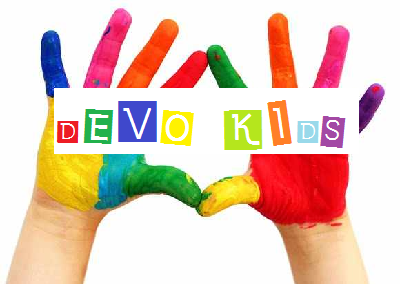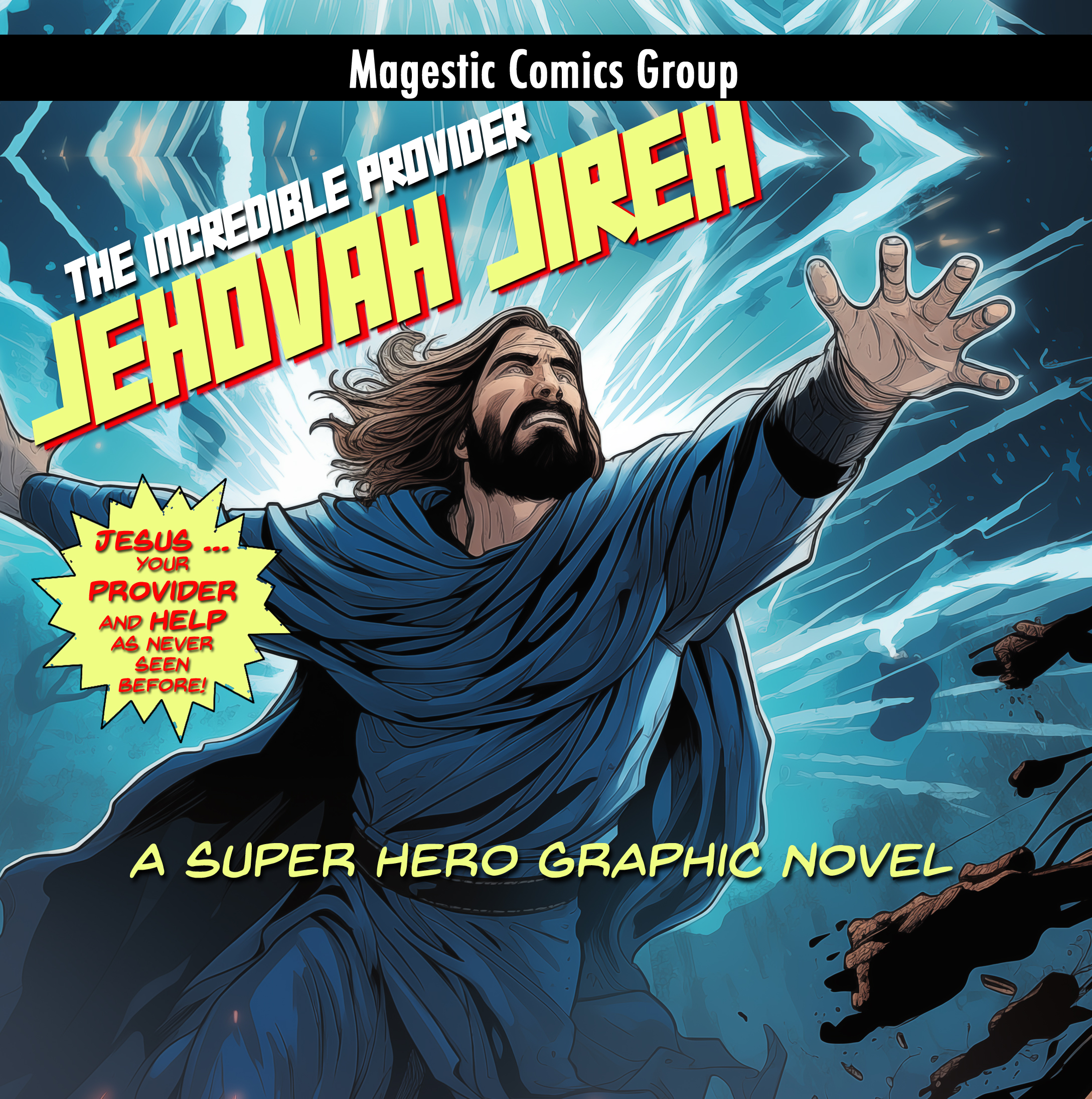Just a Word Will Do

By Kevin Scott Collier
Young writers are always looking for ways to make their stories have more impact. One way to do this is to think of writing one word to describe something instead of many. Too often writers think they have to use a lot of words to describe an effect, when one more-powerful word will do the trick.
As an example, let’s look at the sound a firecracker makes and how you might write about it when it goes off. You could write, “The firecracker blew up.” Now, take the two words “blew up” and imagine one word that would have greater impact. How about exploded? “The firecracker exploded.” See the difference?
Let’s say your story has a drinking glass fall from a table and hit the floor. You may write, “The glass fell from the table and landed on the floor, breaking into a million pieces.” The part “landed on the floor, breaking into a million pieces” takes nine words when four, “shattered upon the floor,” would be more effective.
Let’s say your story involves police quickly traveling to a location. You may write, “The police moved very fast to get to the house.” This whole sentence could be changed. Think of one word that could replace “moved very fast.” How about raced or rushed? And if your readers already know the police are headed to a house, perhaps you can use the word scene or location. “The police moved very fast to get to the house” could become “Police raced to the scene.” Now you have 5 words instead of 10 and a more effective sentence.
Perhaps your story involves a beach and big waves are coming to shore, making a thunderous sound. You may write, “The waves got big and hit the shore, making a very loud sound.” Pick out groups of words in this sentence and shorten them. “Enormous waves crashed at the shoreline” uses only 6 words compared to 13 and is a better sentence.
When you write a story, keep in mind that when describing anything, fewer and more effective words will make your writing better. Examine word groups like “blew up” and think of one to replace it, like “explodes.” Remember, it never hurts to ask others for help. If you can’t think of a better single word, ask a friend or family member. It’s actually fun.
Soon, instead of writing, “The man told the people in nearby houses that the situation was dangerous,” you will be trimming it down to, “He alerted his neighbors to the danger.” You’ll cut back on words by using more effective ones. Or, to follow the rule, you’ll “eliminate” words, not “cut back.”
Our Author
Kevin Collier is a published author and illustrator of over 100 children’s books. He has worked for a daily newspaper for over 30 years and lives in Grand Haven, Michigan with his wife Kristen, who is also an author, and son Jarod. You can visit his website at http://kevinscottcollierhomepage.blogspot.com.


![KevinCollier[1]](https://devokids.com/wp-content/uploads/2011/08/KevinCollier1.jpg)


